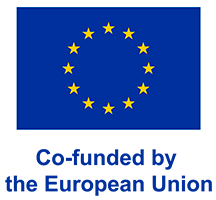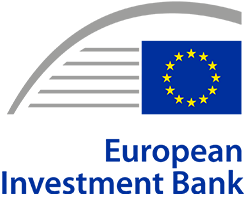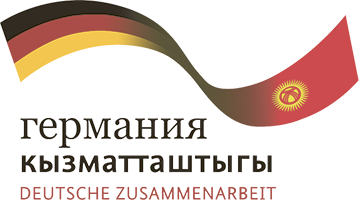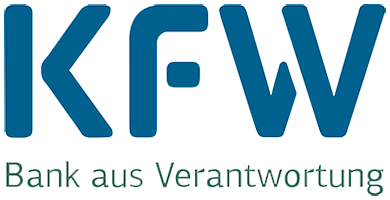Cooperation for Improving Food Quality and Safety: Representatives of Kyrgyz Laboratories Completed Training in Latvia
From October 19 to 25, 2025, GOPA AFC GmbH, within the framework of the “Value Chain Agro Finance” project aimed at increasing agricultural productivity, improving product quality, and promoting sustainable production practices, organized a study tour to Latvia.
The event took place at the Institute of Food Safety, Animal Health and Environment “BIOR” — the National Reference Laboratory of Latvia, recognized as a leading center of expertise in analytical research and risk assessment.
The training was attended by representatives of government laboratories of the Kyrgyz Republic, including:
-
the Center for Veterinary Diagnostics and Expertise,
-
the Bishkek Center for Testing, Certification, and Metrology, and
-
the Department of Disease Prevention and State Sanitary and Epidemiological Supervision.
The program focused on enhancing the professional qualifications of specialists and familiarizing them with the practical application of analytical methods for detecting contaminants and residues, as well as with food certification procedures in accordance with European Union requirements.
Over the course of five days, participants completed an intensive training program led by BIOR’s leading experts — Prof. Aivars Bērziņš, Prof. Vadims Bartkevičs, and laboratory specialists Iveta Pugajeva, Anna Skrastiņa, Romans Pavļenko, and others.
The training covered the following key topics:
-
current EU practices in the analysis of pesticides, mycotoxins, and veterinary drugs;
-
methods of quality control and validation of laboratory analyses;
-
procedures for food certification and food supplement labeling assessment in accordance with Regulation (EU) No 1169/2011;
-
the latest BIOR research on honey quality and authenticity assessment.
Particular attention was given to traceability, food safety, and EU standards, which are key focus areas for Kyrgyz laboratories within the process of integration into international quality control systems.
The organization of such study programs contributes to strengthening the capacity of national laboratories, fostering professional networking, and promoting knowledge exchange with leading European research institutions.





